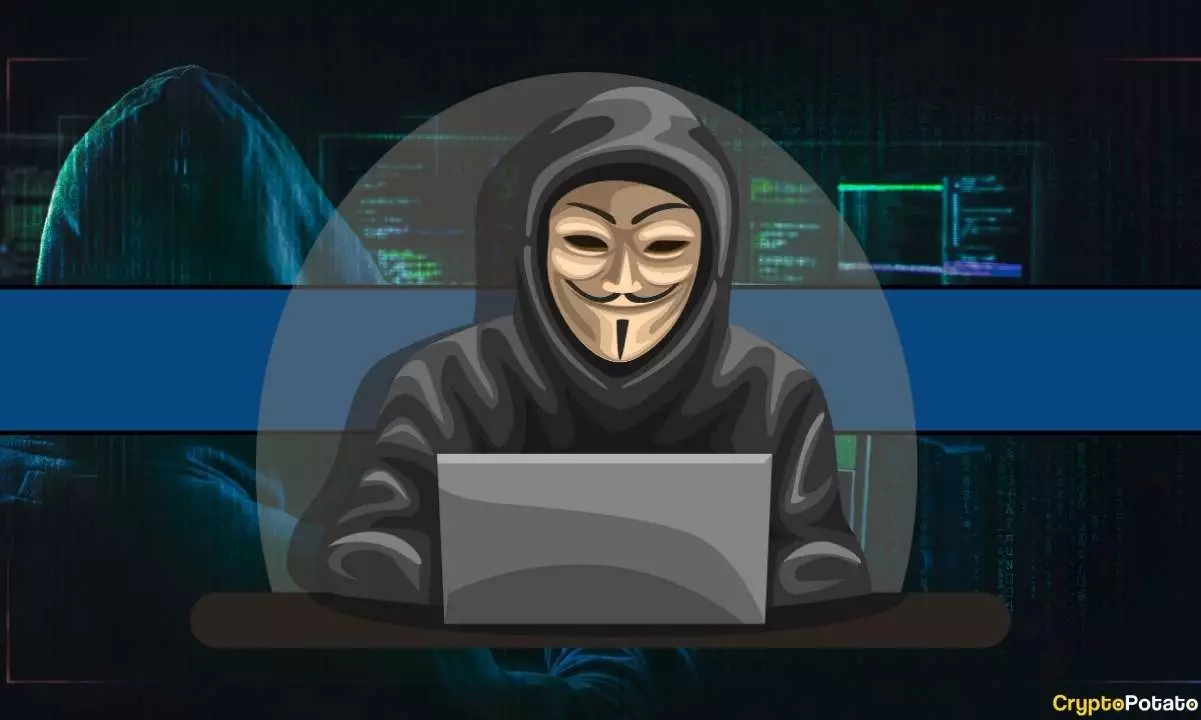A recent report from blockchain investigator ZachXBT has shed light on a troubling trend in the world of cryptocurrency – North Korean developers allegedly stealing $1.3 million from a project’s treasury. The incident involved developers who were hired using fake identities injecting malicious code into the system, enabling the unauthorized transfer of funds. The stolen funds were then sent to a theft address, bridged from Solana to Ethereum through the deBridge platform, and eventually deposited into Tornado Cash, a crypto mixer known for obscuring transaction trails.
The Intricate Web of Deception
According to ZachXBT, this recent theft is just the tip of the iceberg. North Korean IT workers have reportedly infiltrated over 25 crypto projects since June 2024, using multiple payment addresses and likely operating under a single entity based in Asia, with ties to North Korea. This entity is believed to be receiving substantial monthly payments, ranging from $300,000 to $500,000, while employing a team of at least 21 individuals across various crypto projects. The investigation also uncovered a trail of $5.5 million funneled into an exchange deposit address tied to payments made to North Korean IT workers from July 2023 to July 2024, with connections to an individual sanctioned by the US Office of Foreign Assets Control.
ZachXBT’s investigation revealed several key red flags that affected projects should watch out for. These include referrals for roles from other developers, inconsistencies in work history, and overly polished resumes or GitHub profiles. The malicious actors also left behind clues such as IP overlaps between developers allegedly based in the US and Malaysia, as well as accidental leaks of alternate identities during recorded sessions. In response to the incident, ZackXBT recommended that projects review their logs and conduct more thorough background checks on their hires.
Groups linked to North Korea, such as the infamous Lazarus Group, have long been associated with cybercrime in the crypto space. These groups employ various tactics, including phishing schemes, software vulnerabilities exploitation, unauthorized system access, private key theft, and even physical infiltration of organizations. The US government has previously warned about the increasing number of North Korean workers entering freelance tech roles, with a particular focus on the crypto sector, posing a significant threat to the security of the industry.
The rise of North Korean cybercriminals in the crypto space is a concerning development that underscores the need for enhanced security measures and vigilance within the industry. By identifying and addressing red flags, conducting thorough background checks, and staying informed about potential threats, projects can better protect themselves from malicious actors and safeguard their assets.














Leave a Reply